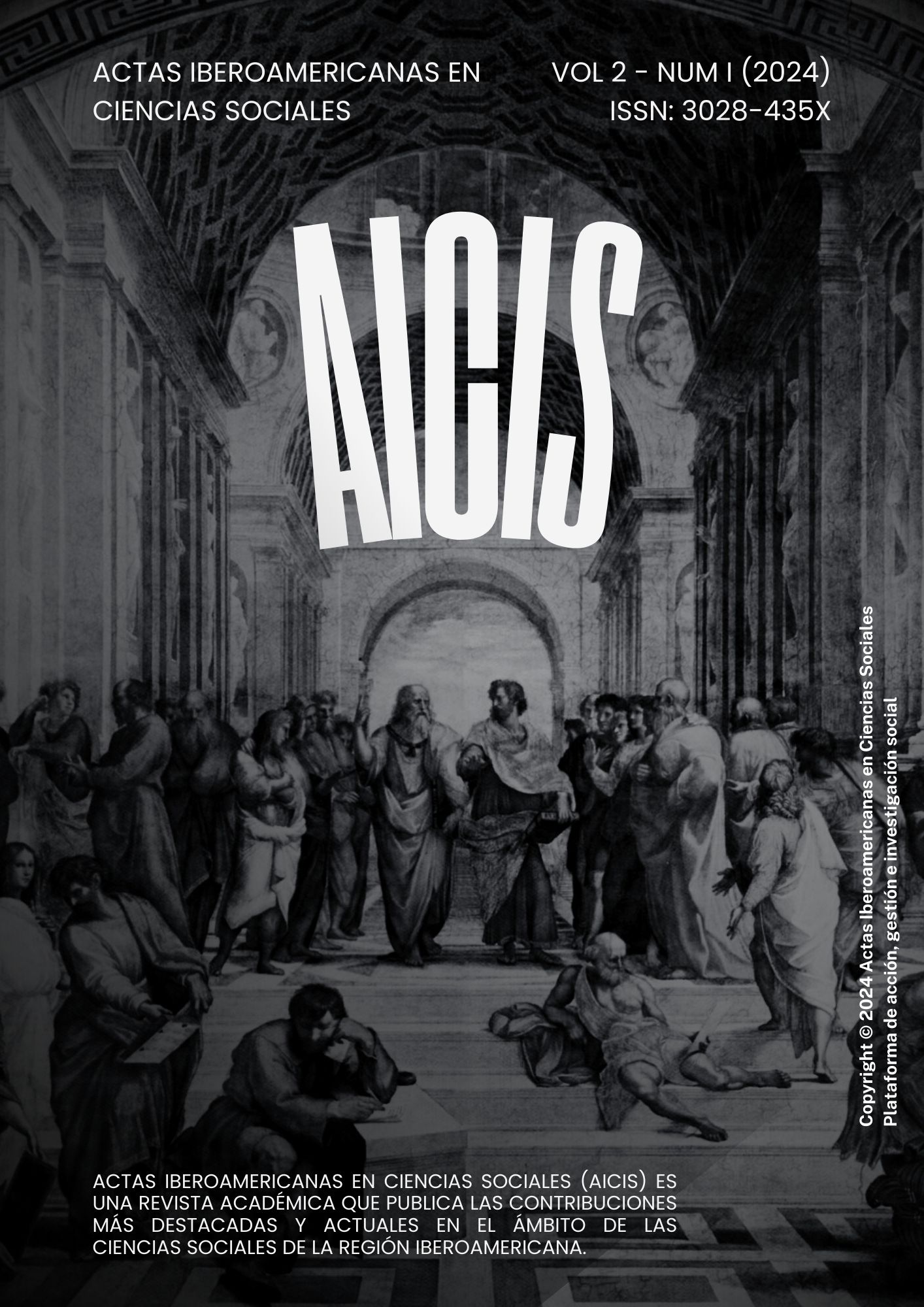Methodology to Improve Programming with Artificial Intelligence
Keywords:
Artificial intelligence, programming education, personalized learning, interactive environmentsAbstract
This article explores the potential of artificial intelligence technologies to enhance and personalize programming education at the university level. Concepts such as advanced personalization, contextual recommendations, and interactive experiences are discussed to further engage students. Additionally, several AI tools that can be used as programming instruments to facilitate learning are presented. A review of recent literature indicates a growing interest in the application of techniques such as adaptive learning, augmented reality, and natural language processing in this field.
Downloads
References
Andrist, S., Tan, X. Z., Gleicher, M., Mutlu, B. (2014). Conversational gaze aversion for humanlike robots. In Proceedings of the 2014 ACM/IEEE international conference on Human-robot interaction (pp. 25–32).
Bennedsen, J., y Caspersen, M. E. (2007). Failure rates in introductory programming. ACM SIGcse Bulletin, 39(2), 32-36.
Bornat, R., Dehnadi, S., y Simon. (2008). Mental models, consistency and programming aptitude. In Proceedings of the tenth conference on Australasian computing education-Volume 78 (pp. 53-61).
Bower, M., Howe, C., McCredie, N., Robinson, A., y Grover, D. (2014). Augmented Reality in education–cases, places and potentials. Educational Media International, 51(1), 1-15.
Brown, N.C., Altadmri, A. (2017). Investigating novice programming mistakes: educator beliefs vs. student data. In Proceedings of the 2017 ACM SIGCSE Technical Symposium on Computer Science Education (pp. 201–206).
Fernández Miranda, M., Román Acosta, D., Jurado Rosas, A. A., Limón Domínguez, D., & Torres Fernandez, C. (2024). Artificial Intelligence in Latin American Universities: Emerging Challenges. Computación y Sistemas, 28(2). https://doi.org/10.13053/CyS-28-2-4822
González Ciriaco, L. A. ., & Medina Marín, A. J. (2023). Avances y desafíos éticos en la integración de la IA en la producción científica. Journal of Scientific Metrics and Evaluation, 1(I), 48-67. https://doi.org/10.69821/JoSME.v1iI.2
Gulwani, S. (2017). Automating programming education: A step towards meeting society's tech challenges. Communications of the ACM, 61(8), 28-30.
Leeds, D., West, J., Lee, L. (2020). Object Oriented Learning Assistant: Using NLP to Help Novices While They Code. arXiv preprint arXiv:2010.12697.
Mishra, A., Huang, H., Znati, T., Diana, C., Mooty, M., Gandhe, A., ... y Singh, V. (2022). NL2Code: Generating Code
Mishra, A., y Singh, V. (2021). Natural language programming. In Proceedings of the 29th ACM Joint Meeting on European Software Engineering Conference and Symposium on the Foundations of Software Engineering (pp. 1650-1654).
Park, O. C., y Lee, J. (2003). Adaptive instructional systems. Educational Technology Research and Development, 51(4), 63-84.
Pu, X., Narasimhan, K. (2022). Explanations can improve predictive models of student errors in programming. In Proceedings of the Seventh ACM Conference on Learning@ Scale (pp. 353–358).
Román Acosta, D. D., Alarcón Osorio, D., y Rodríguez Torres, E. (2023). Implementación de ChatGPT: aspectos éticos, de edición y formación para estudiantes de posgrado. Revista Senderos Pedagógicos, 15(1), 15–31. https://doi.org/10.53995/rsp.v15i1.1592
Román-Acosta, D. D., Rodríguez Torres, E., Baquedano Montoya, M. B., López Zavala & L. C., Pérez Gamboa, A. J., (2024). ChatGPT and its use to improve academic writing in postgraduate students. PRA, 24(36), 53–75. https://doi.org/10.26620/uniminuto.praxis.24.36.2024.53–75
Román-Acosta, D. (2024). Exploración filosófica de la epistemología de la inteligencia artificial: Una revisión sistemática. Uniandes Episteme, 11(1), 101–122. https://doi.org/10.61154/rue.v11i1.3388
Singh G., Gulwani S., Solar-Lezama A. (2013). Automated feedback generation for introductory programming assignments. In Proceedings of the 34th ACM SIGPLAN conference on Programming language design and implementation (pp. 15–26).
VanLehn, K. (2011). The relative effectiveness of human tutoring, intelligent tutoring systems, and other tutoring systems. Educational Psychologist, 46(4), 197-221.
Watson, C., y Li, F. W. (2014). Failure rates in introductory programming revisited. In Proceedings of the 2014 conference on Innovation & technology in computer science education (pp. 39-44).
Downloads
Published
Conference Proceedings Volume
Section
License
Copyright (c) 2024 Elizabeth Patricia Pommier Gallo (Autor/a)

This work is licensed under a Creative Commons Attribution 4.0 International License.



